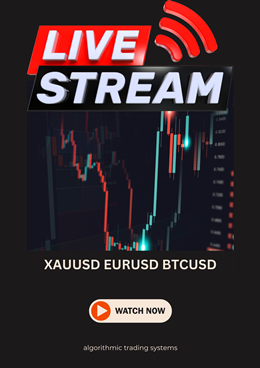Some of the participants in this market are simply seeking to exchange a foreign currency for their own, like multinational corporations, which must pay wages and other expenses in different nations than they sell products in. However, a large part of the market is made up of currency traders, who speculate on movements in exchange rates, much like others would speculate on movements of stock prices. Currency traders try to take advantage of even small fluctuations in exchange rates.
In the foreign exchange market there is little or no 'inside information'. Exchange rate fluctuations are usually caused by actual monetary flows as well as anticipations on global macroeconomic conditions. Significant news is released publicly so, at least in theory, everyone in the world receives the same news at the same time.
Forex, also known as foreign exchange or FX, is the simultaneous buying of one currency while selling another. The forex market is available 24 hours a day, five days a week and it’s one of the largest, most liquid financial markets in the world. Just to compare, the New York Stock Exchange makes about $169 billion a day in volume and the Forex Market makes over $5 trillion a day in volume.
Forex market, Forex exchange, Forex signal. The Foreign Exchange market, also referred to as the "Forex" is the biggest and largest financial market in the world. It has a daily average turnover of US$1.9 trillion- just imagine that amount of money! Don't you want to join this trillion-dollar industry?
Forex is the simultaneous buying of one currency and selling of another. Currencies are traded in pairs, for example Euro/US Dollar (EUR/USD) or US Dollar/Japanese Yen (USD/JPY). So basically, Forex is trading.
There are two reasons to buy and sell currencies. About 5% of daily turnover is from companies and governments that buy or sell products and services in a foreign country or must convert profits made in foreign currencies into their domestic currency.The other 95% is trading for profit, or what you call speculation. Investors frequently trade on information they believe to be superior and relevant, when in fact it is not and is fully discounted by the market.
On one side of each speculative stock trade is a participant who believes he has superior information and on the other side is another participant who believes his information is superior.For speculators, the best trading opportunities are with the most commonly traded (and therefore most liquid- meaning its in cash or convertible to cash) currencies, called "the Majors." Today, more than 85% of all daily transactions involve trading of the Majors.
The Forex market is considered an Over The Counter (OTC) or 'interbank' market. This is because the transactions are conducted between two counterparts over the telephone or via an electronic network. Trading is not centralized on an exchange compared to stocks and futures markets.Understanding Forex quote.Reading a Forex quote may seem a bit confusing at first. However, it's really quite simple if you remember two things: 1) The first currency listed first is the base currency and 2) the value of the base currency is always 1.The US dollar is the centerpiece of the Forex market and is normally considered the 'base' currency for quotes. In the "Majors", this includes USD/JPY, USD/CHF and USD/CAD.
For these currencies and many others, quotes are expressed as a unit of $1 USD per the second currency quoted in the pair. For example, a quote of USD/JPY 110.01 means that one U.S. dollar is equal to 110.01 Japanese yen.When the U.S. dollar is the base unit and a currency quote goes up, it means the dollar has appreciated in value and the other currency has weakened. If the USD/JPY quote we previously mentioned increases to 113.01, the dollar is stronger because it will now buy more yen than before.
The three exceptions to this rule are the British pound (GBP), the Australian dollar (AUD) and the Euro (EUR). In these cases, you might see a quote such as GBP/USD 1.7366, meaning that one British pound equals 1.7366 U.S. dollars.In these three currency pairs, where the U.S. dollar is not the base rate, a rising quote means a weakening dollar, as it now takes more U.S. dollars to equal one pound, euro or Australian dollar.
In other words, if a currency quote goes higher, that increases the value of the base currency. A lower quote means the base currency is weakening.Currency pairs that do not involve the U.S. dollar are called cross currencies, but the premise is the same. For example, a quote of EUR/JPY 127.95 signifies that one Euro is equal to 127.95 Japanese yen.When trading Forex you will often see a two-sided quote, consisting of a 'bid' and 'offer'. The 'bid' is the price at which you can sell the base currency (at the same time buying the counter currency). The 'ask' is the price at which you can buy the base currency (at the same time selling the counter currency).
If you want to know more about how to start trading in Forex, want to open Demo Account, Open Live Account and Become Our Partners and IBs please, Visit to InstaForex

 Events
Events Blog
Blog











